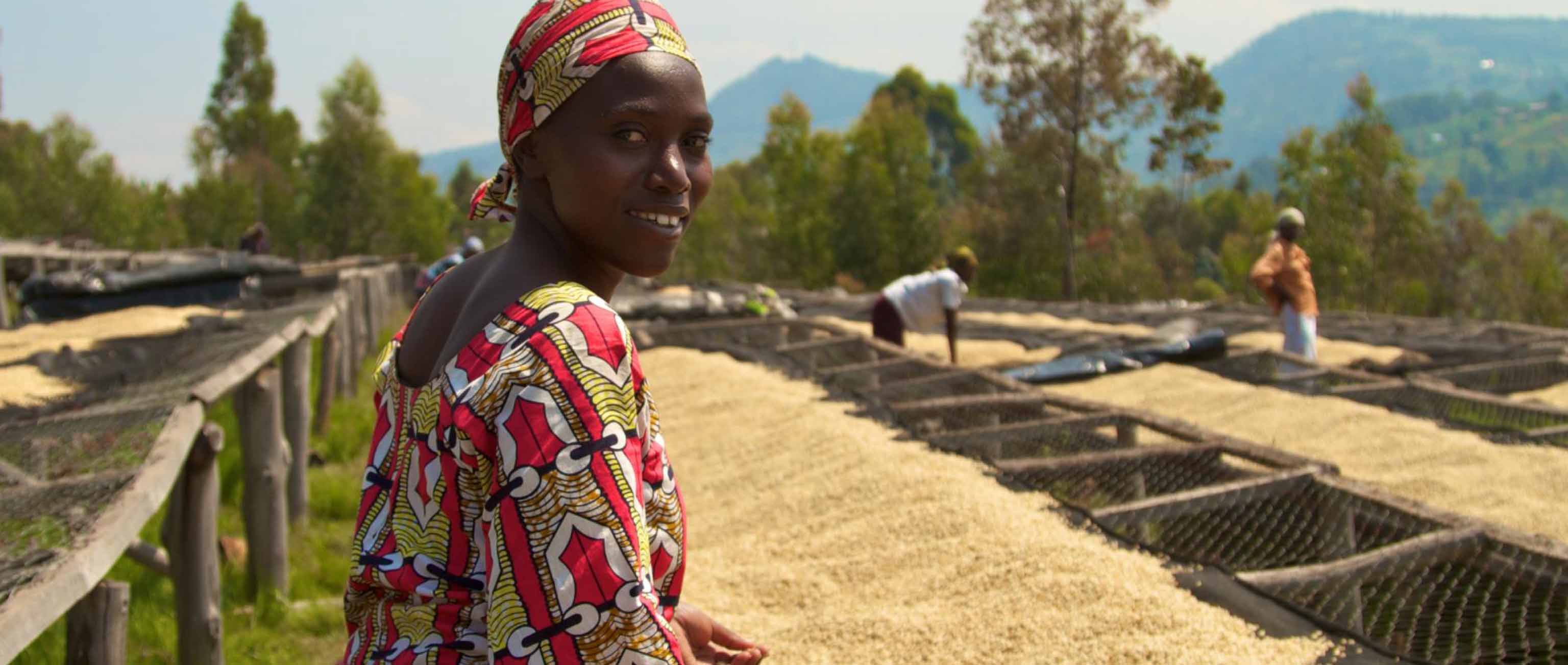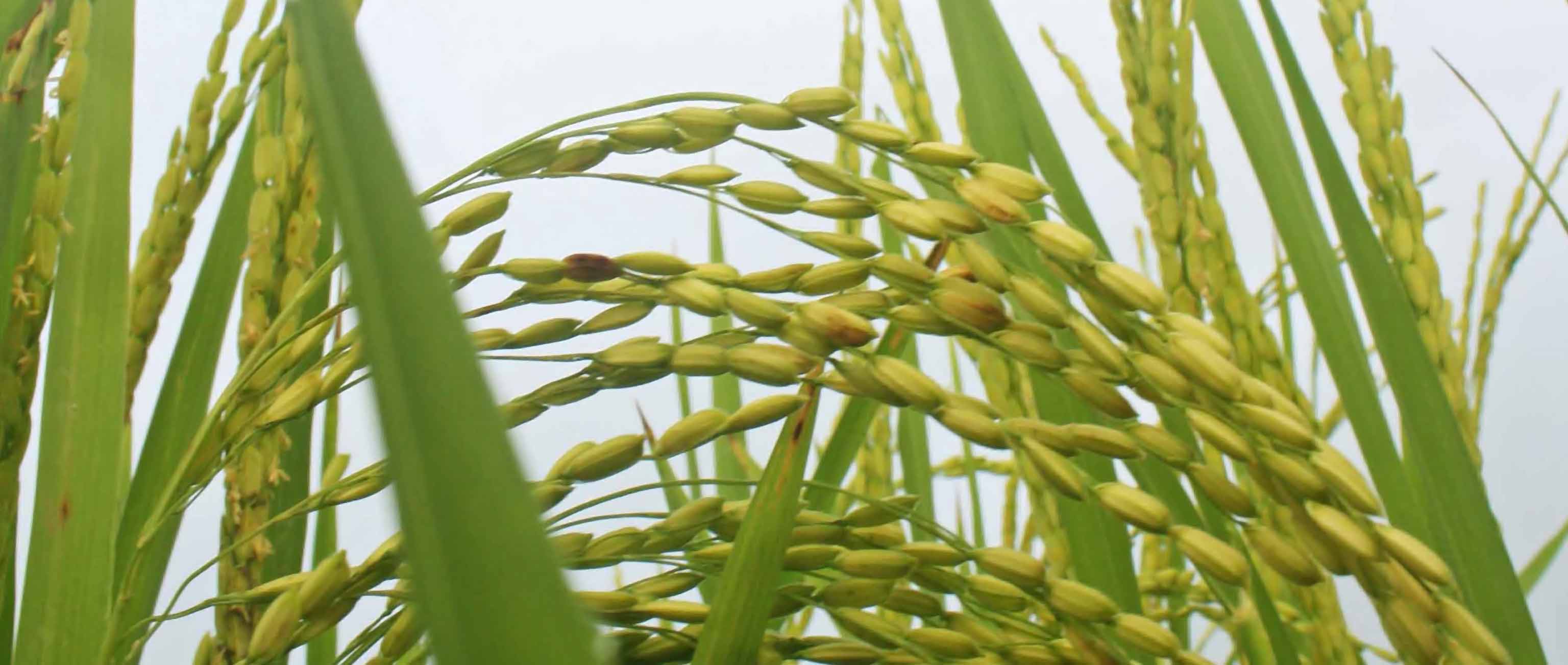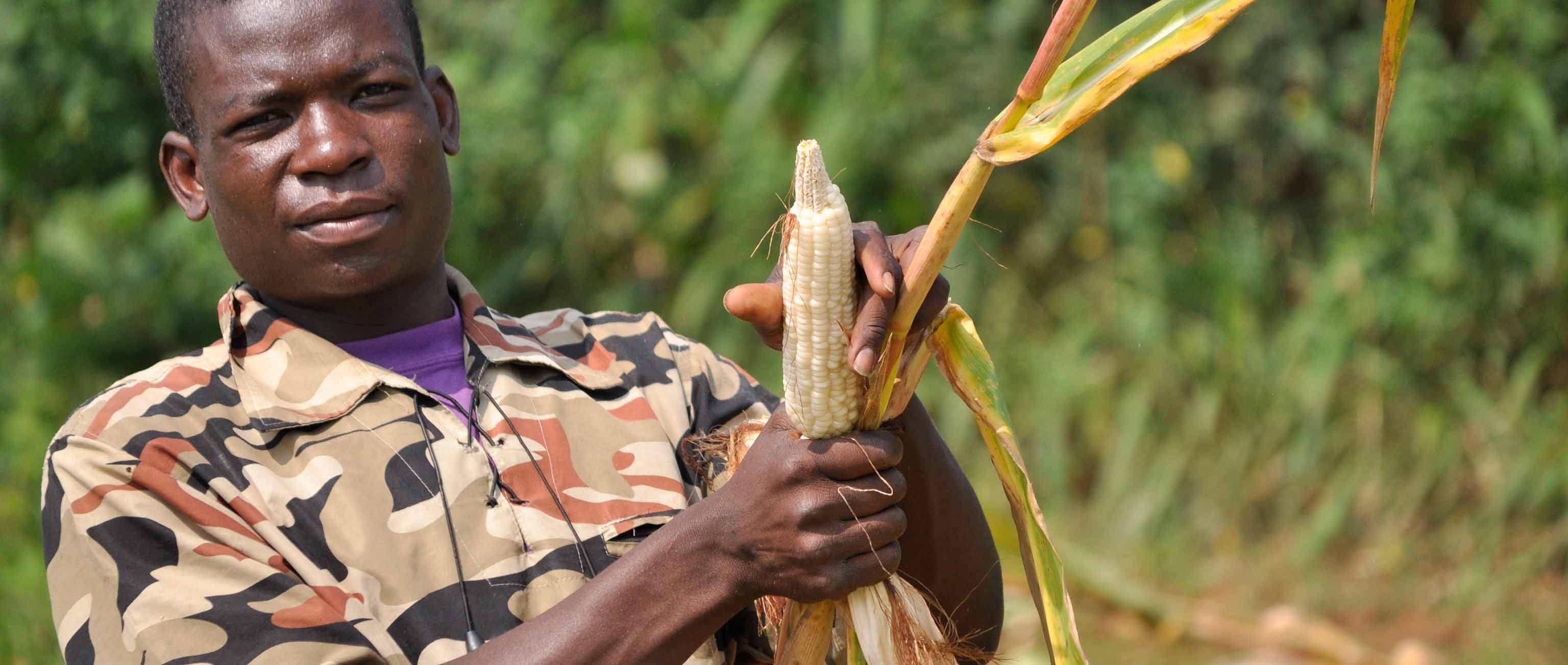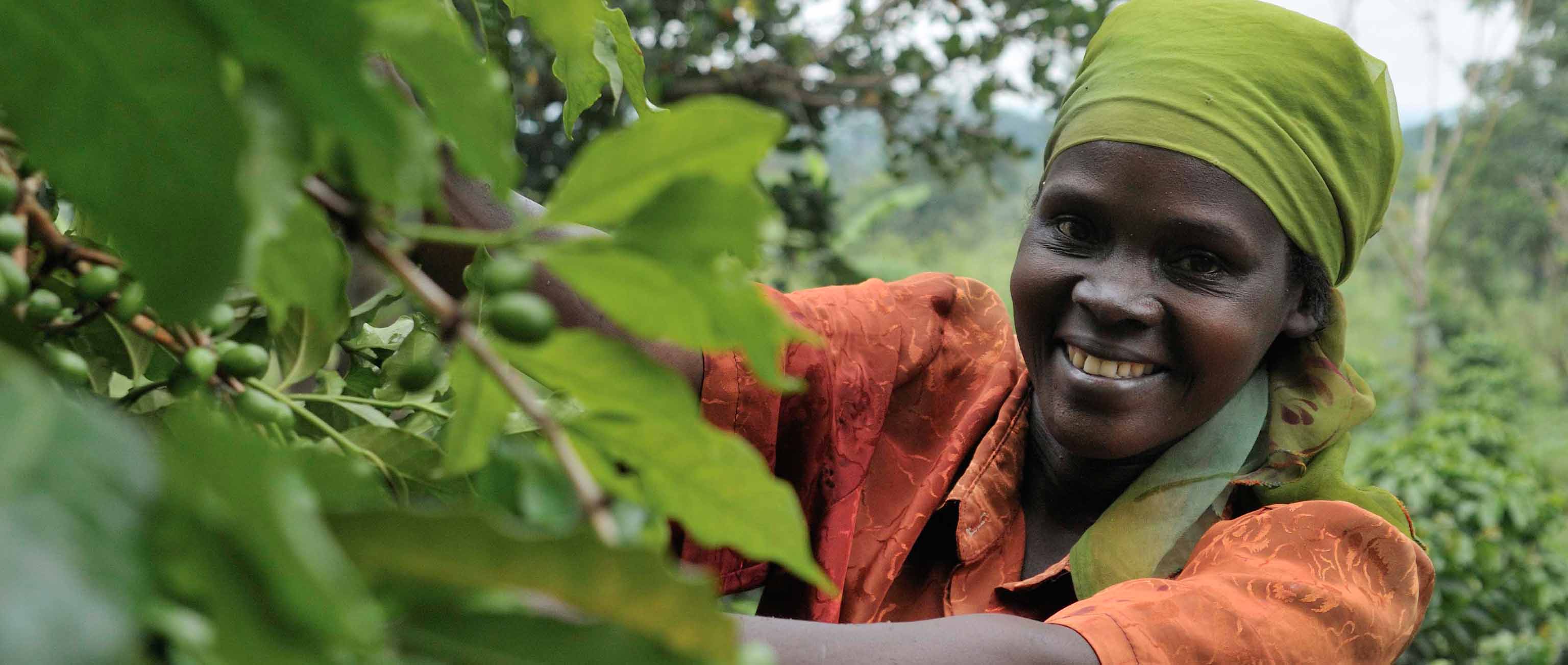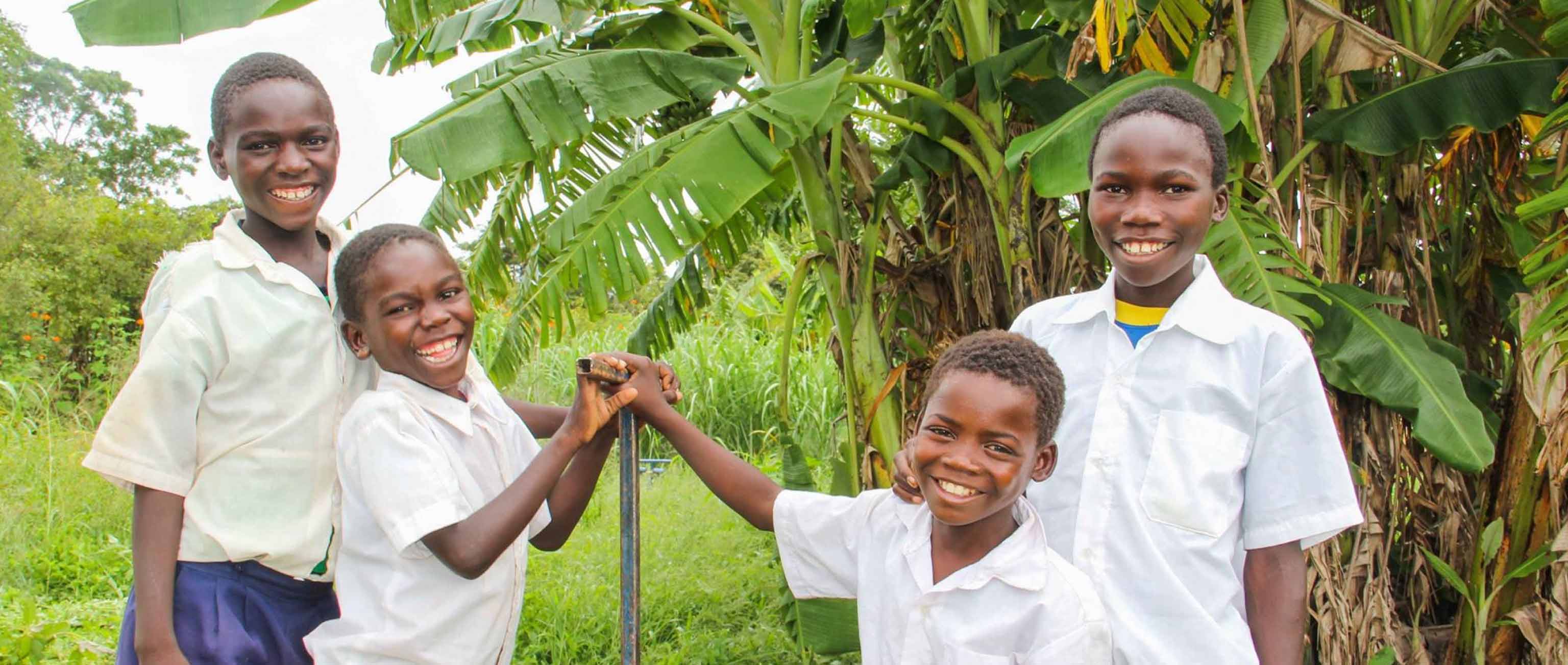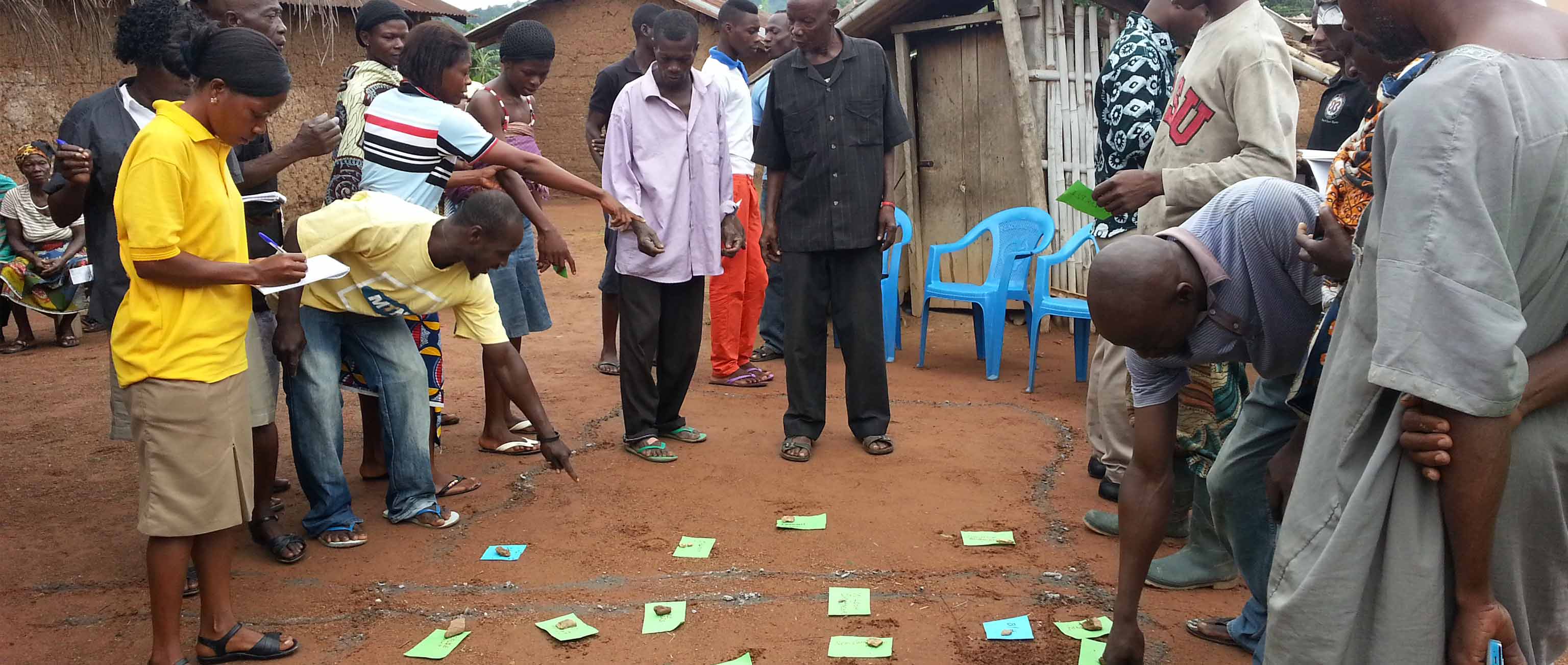
Global food production will need to increase by 60 percent by 2050 to feed the world’s expected population. In the developing world, food production will need to double.
Yet, the smallholder farmers who produce most of the food consumed in these countries are some of the poorest people on earth. What would it take to solve the challenges they face? To ensure that they have access to capital, tools and inputs that can increase their productivity and transform their lives from barely surviving to making a sustainable living? And that they can steward land that is securely theirs for future generations?
Social entrepreneurs are developing and testing new approaches, changing markets and supply chains, and engaging with development agencies to create a new and markedly improved equilibrium.
